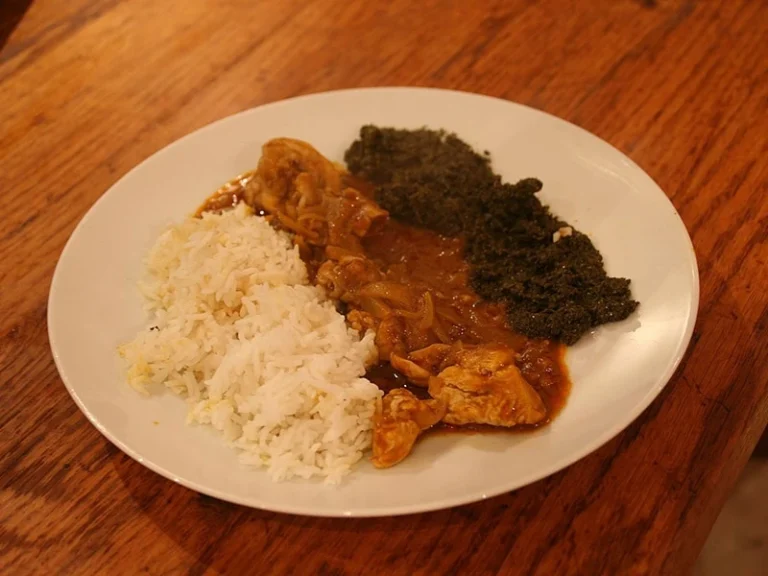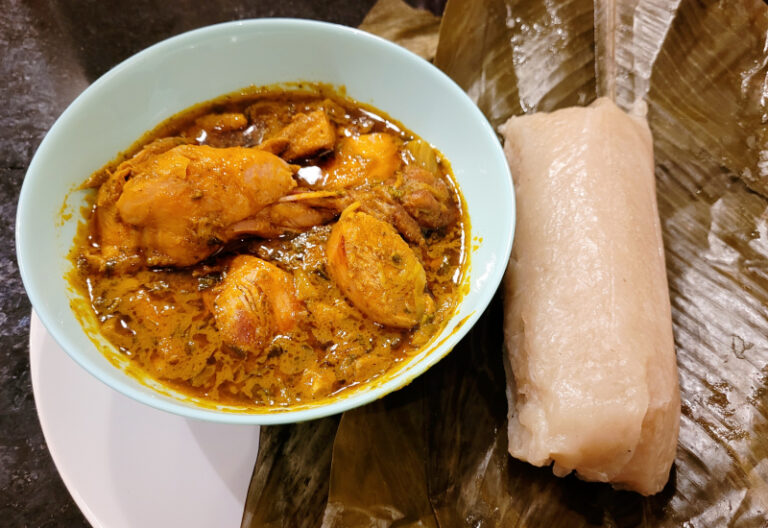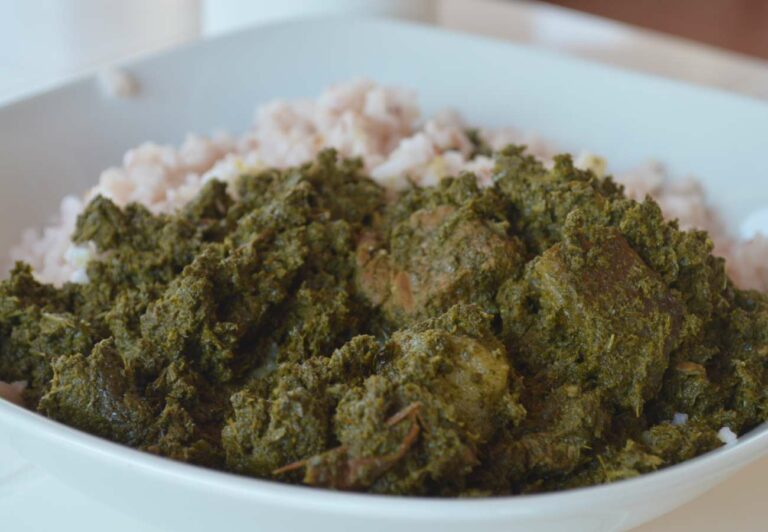Introduction: Gabonese Cuisine
Gabon is a country located in Central Africa, and its cuisine is influenced by a variety of cultural and geographical factors. Gabonese food typically includes cassava, plantains, yams, and rice, along with various meats and seafood. The cuisine also features a range of flavors, from spicy to savory, and is known for its use of palm oil and spices like garlic, ginger, and chili peppers.
Overview of Gabonese snacks and appetizers
Gabonese snacks and appetizers are an important part of the country’s culinary culture. They are typically small, flavorful dishes that are eaten before a meal or as a midday snack. Gabonese snacks and appetizers include traditional dishes like Koki, Pondu, and more, as well as street food favorites like sardines and boiled plantains.
In recent years, modern twists on traditional Gabonese snacks have become popular, incorporating new ingredients and cooking techniques to create unique and exciting flavor combinations.
Traditional Gabonese snacks: Koki, Pondu, and more
Koki is a popular Gabonese snack made from black-eyed peas, palm oil, spices, and banana leaves. The peas are soaked and ground, mixed with the palm oil and spices, and then wrapped in banana leaves before being steamed. The result is a dense, savory dish with a unique texture and flavor.
Pondu is another traditional Gabonese snack, made from cassava leaves, smoked fish, onions, garlic, and other spices. The leaves are cooked down into a thick, stew-like dish, which is then served with rice or plantains. Other traditional Gabonese snacks include fried plantains, groundnut paste, and grilled fish.
Gabonese street food: Sardines, boiled plantains, and more
Gabonese street food is a popular and affordable option for locals and tourists alike. Sardines are a favorite, often grilled or fried and served with bread or boiled plantains. Boiled plantains are also a common street food, served with a variety of sauces and spices.
Other popular Gabonese street foods include meat skewers, fried yams, and beignets (fried doughnuts). These snacks are often sold by street vendors or in local markets, and are a great way to experience the flavors and culture of Gabon.
Modern twists on Gabonese snacks and appetizers
In recent years, modern twists on traditional Gabonese snacks have become popular. For example, chefs are incorporating new ingredients like avocado, quinoa, and sweet potatoes into traditional dishes, creating unique and exciting flavor combinations.
Another trend is the fusion of Gabonese and Western cuisine, resulting in dishes like peanut butter burgers and cassava chip nachos. These modern twists on Gabonese snacks are a reflection of the country’s changing culinary landscape and offer a fresh take on traditional favorites.
Conclusion: Gabonese snacks and appetizers are unique and worth trying
Gabonese snacks and appetizers are a delicious and unique part of the country’s culinary culture. From traditional dishes like Koki and Pondu to street food favorites like sardines and boiled plantains, Gabonese snacks offer a range of flavors and textures that are sure to satisfy any palate. Whether you’re a fan of classic dishes or prefer to try something new, Gabonese snacks and appetizers are definitely worth trying.



